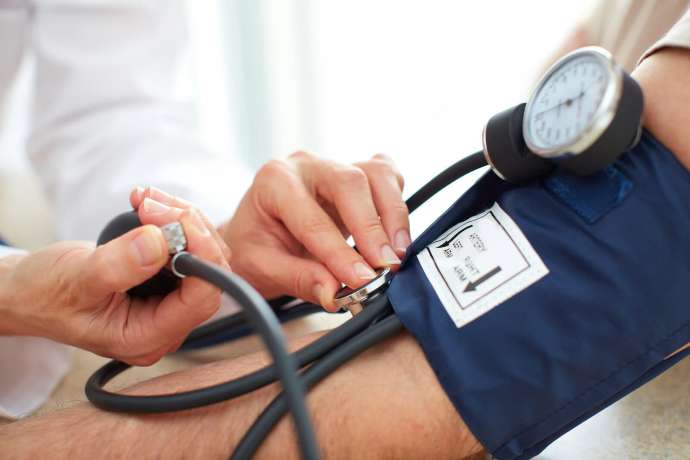STA, 29 January 2020 - The National Assembly failed to pass on Wednesday amendments that would abolish supplementary health insurance, a motion which had split the coalition and was one of the reasons why Prime Minister Marjan Šarec stepped down on Monday. They were rejected as 51 deputies voted against and 32 in favour.
Voting against the amendments to the health insurance act were the opposition Democrats (SDS), New Slovenia (NSi) and National Party (SNS), as well as the coalition Pensioners' Party (DeSUS) and Modern Centre Party (SMC).
Two deputies of the coalition Alenka Bratušek Party (SAB) voted against and two abstained, despite the deputy group presenting arguments in favour of the changes prior to the vote.
The amendments were meanwhile endorsed by the coalition Marjan Šarec List (LMŠ) and Social Democrats (SD) and the opposition Left.
DeSUS MP Branko Simonovič said the legislative proposal did not go about abolishing the current system of compulsory and top-up health insurance in the right way. He expressed concern regarding its effects on the health purse and the state budget.
Similarly, Jani Möderndorfer of the SMC said his party supported the idea to abolish the top-up health insurance but opposed the motion on the table because it does not actually abolish supplementary insurance but merely transfers it to another address while demanding that the budget door is wide open.
The SDS and NSi were also critical of the motion, saying it introduced a uniform contribution which would be collected by the ZZZS public health fund rather than commercial insurers, which collect supplementary insurance contributions now.
Meanwhile, the LMŠ, the SD and the Left presented arguments in favour of the changes, noting that many attempts to change the current health insurance scheme had failed in the past.
Luka Mesec of he Left expressed support to the proposal initially tabled by his party but then heavily modified by the coalition, noting that after 2021, when the bill was to be implemented, there would still be time to find a fairer system of financing.
LMŠ MP Robert Pavšič said the LMŠ had further amended the proposal to raise the monthly contribution for healthcare from the initially proposed EUR 29 to EUR 32 and reintroduce the provision saying that any shortcomings would be covered by the budget.
The SD proposed its own amendment which introduces monthly contributions based on individual's income that would range from EUR 10 to EUR 150, but the proposal was rejected, as were all amendments attached to the act during the course of parliamentary procedure.
After the vote, Mesec announced a new attempt to abolish top-up health insurance during the current term of the National Assembly. "We are not giving up. The battle has been lost, but the war is only beginning."
"Today it became clear who is who, who stands where, who defends the public interest, and who defends insurers. Unfortunately, the abolition has not, even after 17 years of attempts, succeeded," he said in a statement to the press.
According to Mesec, the rejection means that health insurance will keep getting more expensive and that insurers will continue to make tens of millions in profit, while poor people will continue to pay the same monthly contribution as people who are well off.
He presented the statistics showing that some 120,000 people in Slovenia cannot afford top-up health insurance, which means that "we don't have as universal coverage as someone might think."
LMŠ deputy group head Brane Golubović said that in the end, lobbies and insurers had played their role, and regretted the missed opportunity to get rid of intermediaries and transfer extra funds to the public health fund.
"We came far, but in the end, capital defeated people," he said, adding that the LMŠ would continue with the efforts and that this was only one stage in the process.






